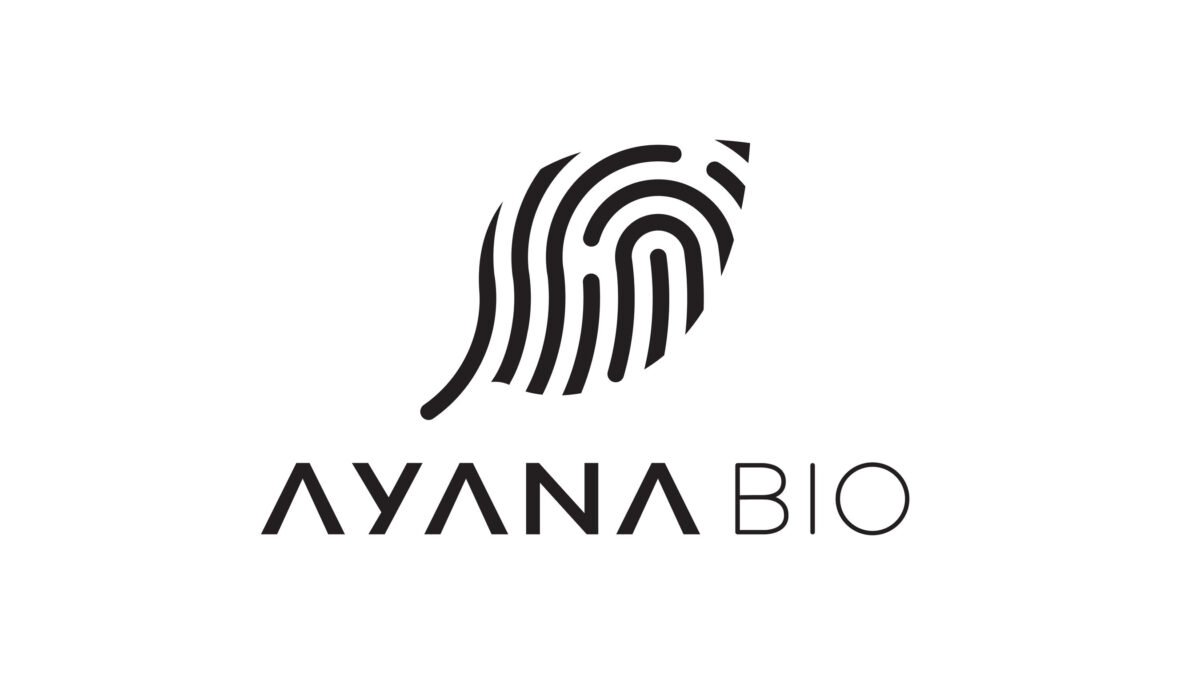Ayana Bio receives grant to harness neuroprotective benefits from plant cell-cultivated saffron
Funding will support Ayana Bio’s research examining the neuroprotective benefits of saffron for Huntington’s disease and other neurological and age-related diseases
Ayana Bio, the plant cell technology company dedicated to creating sustainable bioactives for consumer products, has received a grant from the National Center for Complementary and Integrative Health (NCCIH), part of the National Institutes of Health (NIH), to support Ayana Bio’s research into the production of saffron’s neuroprotective bioactives through plant cell cultivation.
Clinical studies demonstrate saffron’s beneficial effects across a range of neurological and age-related diseases, such as depression, anxiety and Alzheimer’s disease. Saffron’s neurological effects are also proven to aid in weight loss by increasing satiety, making it a powerful health ingredient with interconnected benefits.
The $300 thousand NIH grant will fund Ayana Bio’s research to identify which complex of saffron bioactives can consistently demonstrate the highest neuroprotective benefits, specifically for Huntington’s disease. The company will use its high-throughput synthetic biology capabilities of sequencing, multi-omics technology, and analytical chemistry to explore and select the best plant cell lines. The research will also address how plant cell cultivation can enhance the production of saffron’s bioactive by running a pre-clinical study on a C. elegans model of Huntington’s disease. Identifying a standardized complex of bioactives that can be produced consistently will allow researchers to study saffron’s health benefits more effectively for a range of diseases.
Plant cell cultivation is a means to create plant materials without growing plants in the ground. Saffron cells will be grown in temperature-controlled, stainless steel tanks that create a reliable source of real saffron – and its beneficial bioactive complex – bypassing the quality issues that come from the constraints of conventional agriculture. Traditional saffron production requires up to 170,000 flowers to produce just one kilo of saffron, making it a prohibitively expensive health and wellness ingredient. Challenges associated with growing saffron are amplified by the worsening effects of climate change, which drive crop failures in the already constrained supply chain.
Funding will support Ayana Bio's research examining the neuroprotective


